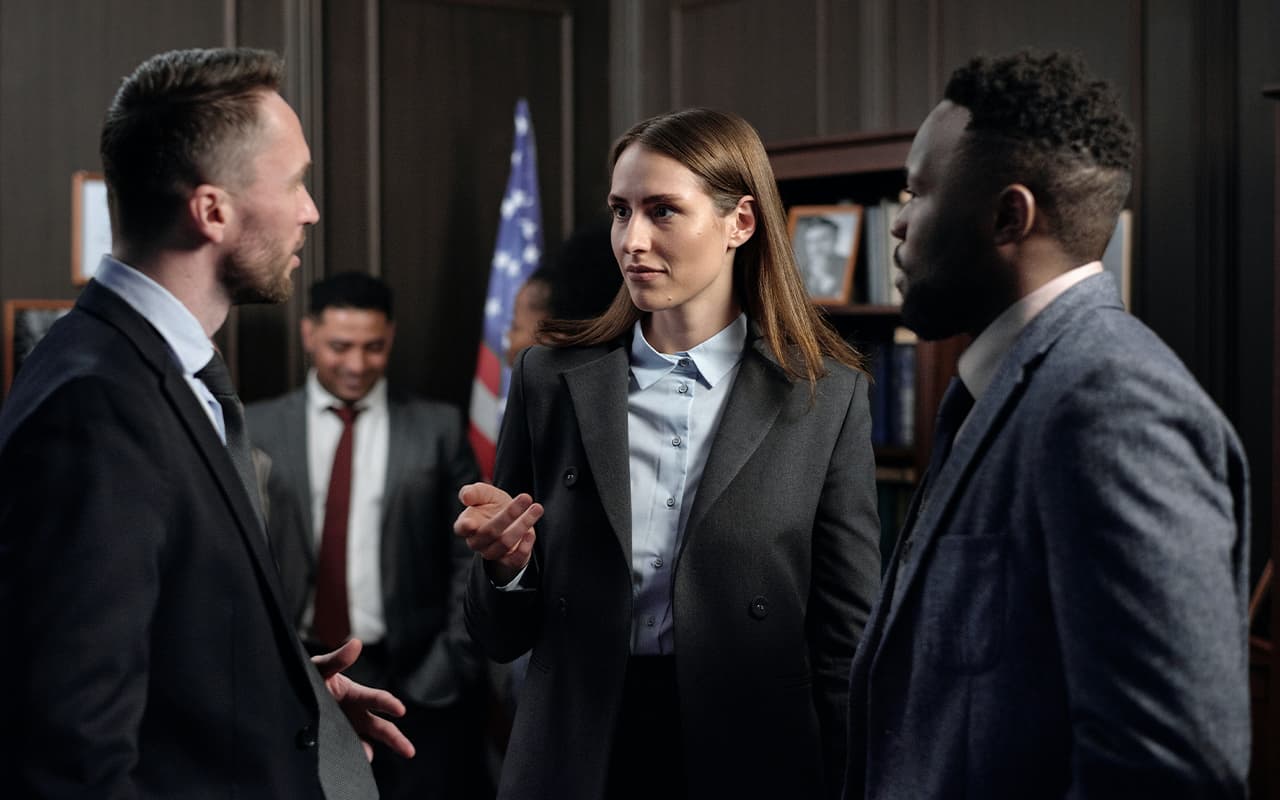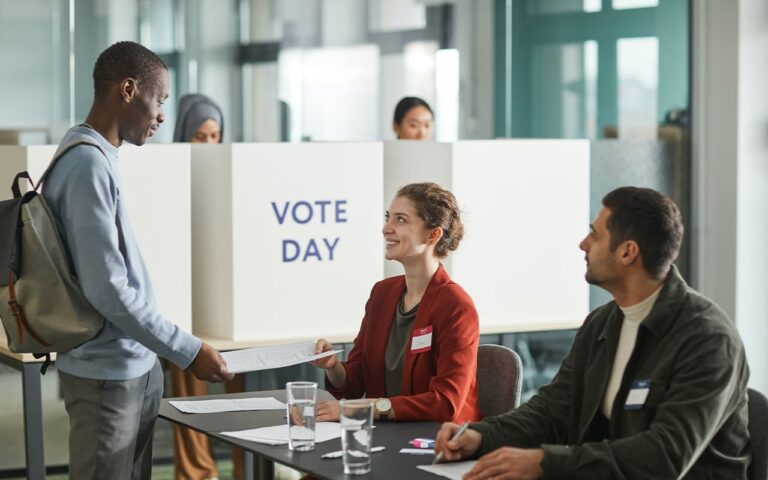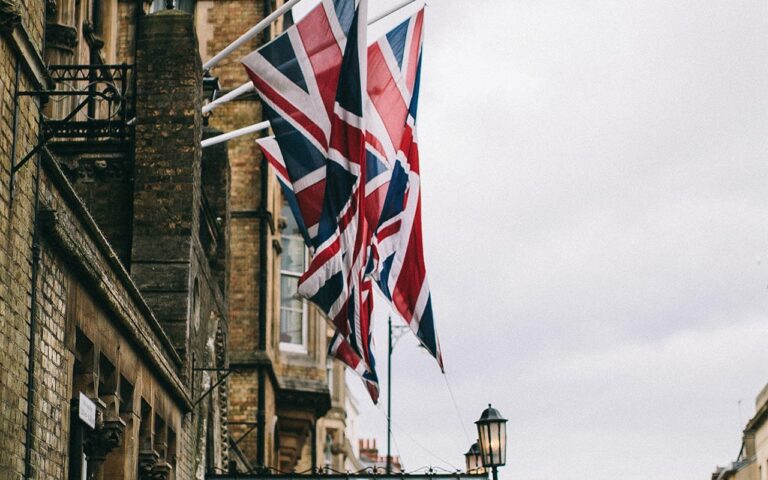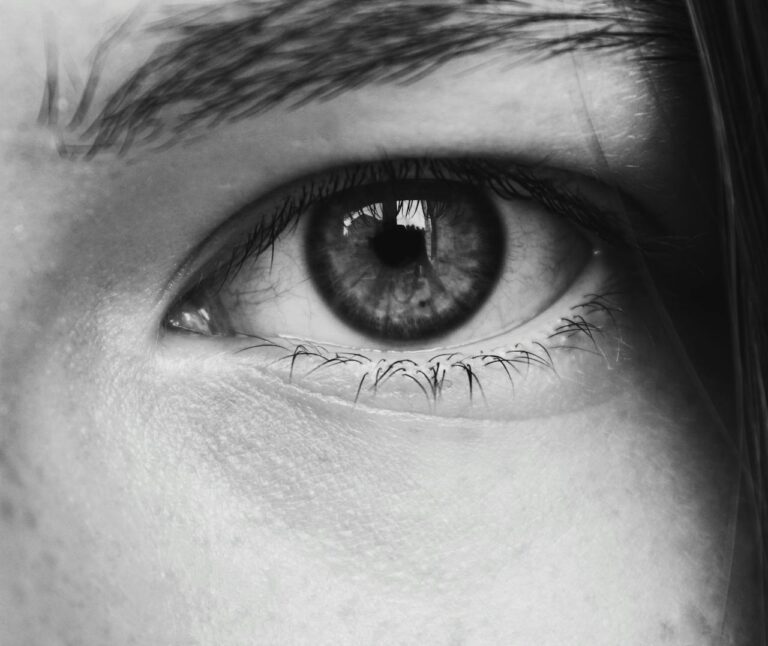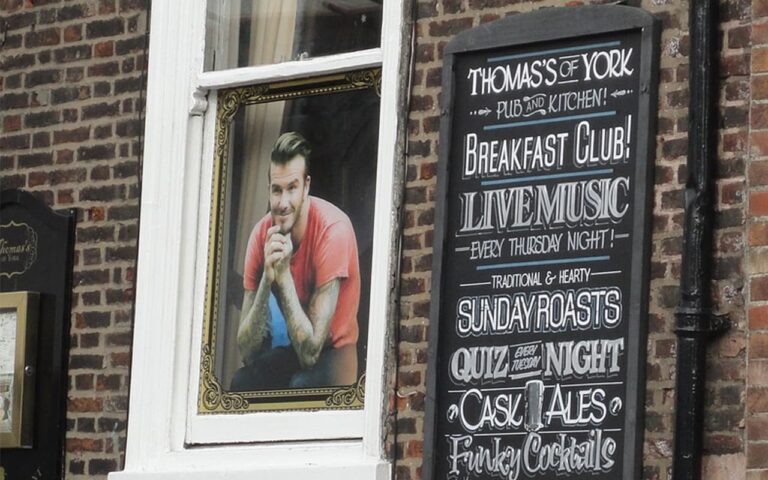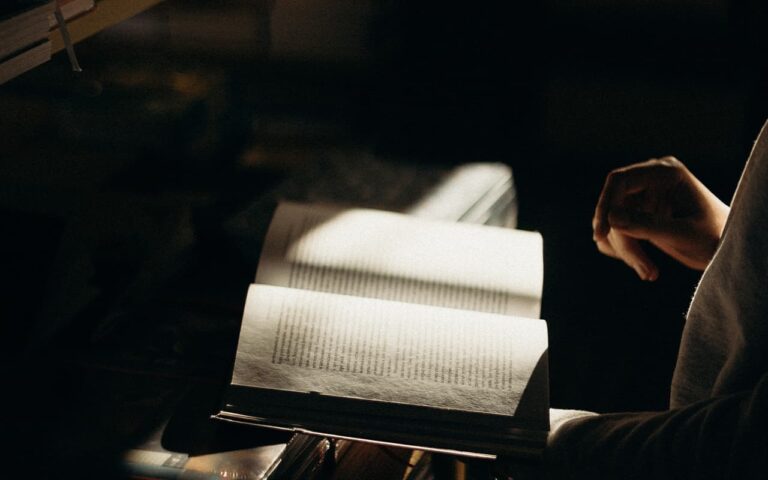NATO Secretary General Jens Stoltenberg said the second day of the Alliance’s 70th anniversary summit would focus on burden-sharing and the rise of China after a tense opening.
NATO leaders were set to present a more united front on Day 2 of the alliance’s 70th anniversary summit, saying they stand together for collective defense
Tuesday’s opening was tense, with sharp talk between the U.S. and French presidents and public disagreements over military spending, Turkey and Baltic defense strategy.
The second day of the summit focused on burden-sharing, the rise of China, and readiness, officials said.
At the closing press conference, the NATO Secretary General emphasized the commitment of NATO leaders and spoke about adapting to modern threats
NATO leaders were set to present a more united front on the second day of the alliance’s 70th anniversary summit on Wednesday after a public fight overshadowed the opening.
At Wednesday’s closing press conference, NATO Secretary General Jens Stoltenberg reaffirmed the leaders’ commitment to collective defense and the fight against terrorism.
Asked about the leaders’ public statements, Stoltenberg said that “disagreements always attract more attention,” but that is the nature of democratic nations.
He added that the leaders discussed engagement with Russia and the rise of China.
The Allies committed 30 battalions, 30 squadrons and 30 warships within 30 days. He said they also agreed on space as NATO’s next area of focus.
On 5G networks, Stoltenberg said: “we agreed to rely only on secure and resilient systems.” Experts have expressed concern about the involvement of the Chinese company Huawei in building these networks.
Stoltenberg also spoke of a “dialog” with Russia, saying that NATO needs a “better relationship” with the country.
French President Emmanuel Macron echoed this sentiment at a press conference. He said that not everyone considers Russia an “enemy” and that while Russia is a “threat in certain areas,” it is also a neighbor and partner in other areas.
Attempts to show unity
Arriving at the summit, British Prime Minister Boris Johnson said of NATO: “We have much more in common than we have in common.”
After the official handshake ceremony, Stoltenberg called it “the most successful alliance in history.”
He emphasized the progress made by the allies in burden-sharing, recalling that Europe and Canada will jointly spend $400 billion (€360 billion) on defense by 2024.
The remarks followed Trump’s accusations on Tuesday that allies are “criminal” for not spending as much on their militaries as the United States.
“We stand firm in our commitment to NATO,” Johnson said as he opened the formal meeting of NATO leaders.
“History shows that peace cannot be taken for granted, and even as we celebrate this anniversary, we must make sure that our actions match our words,” Johnson said.
“We must never shy away from discussing new realities, including NATO’s response to new threats such as hybrid warfare and disruptive technologies, including space and cyber,” he said.
Earlier on Wednesday morning, Stoltenberg told reporters that the second day of the summit, marking the 70th anniversary of the alliance, would also discuss China’s rise and readiness for the first time.
Expectations from the NATO talks
In formal talks following a reception at Buckingham Palace on Tuesday to celebrate NATO’s 70th anniversary, European leaders led by Germany and France aimed to tell Trump that they will not be treated as junior partners when confronting global conflicts.
“If we are investing money and risking the lives of our soldiers… we must be clear about the foundations of NATO,” Macron said on Twitter, adding that he would “defend the interests of France and Europe” on Wednesday.
